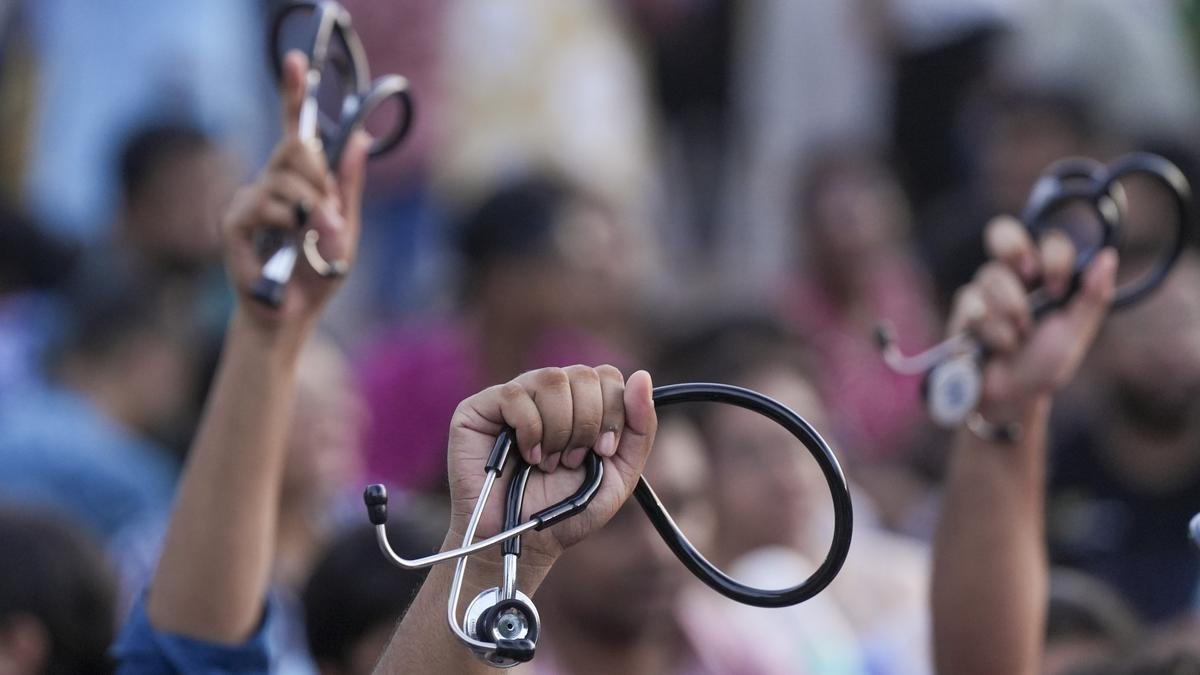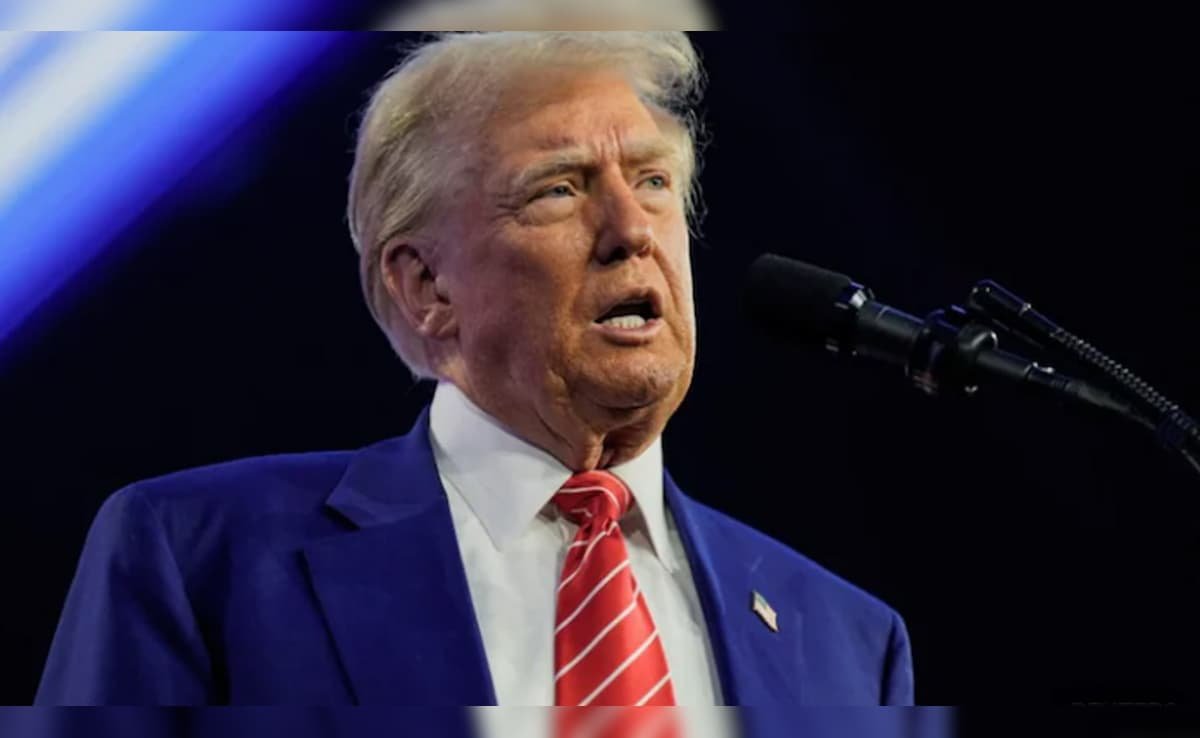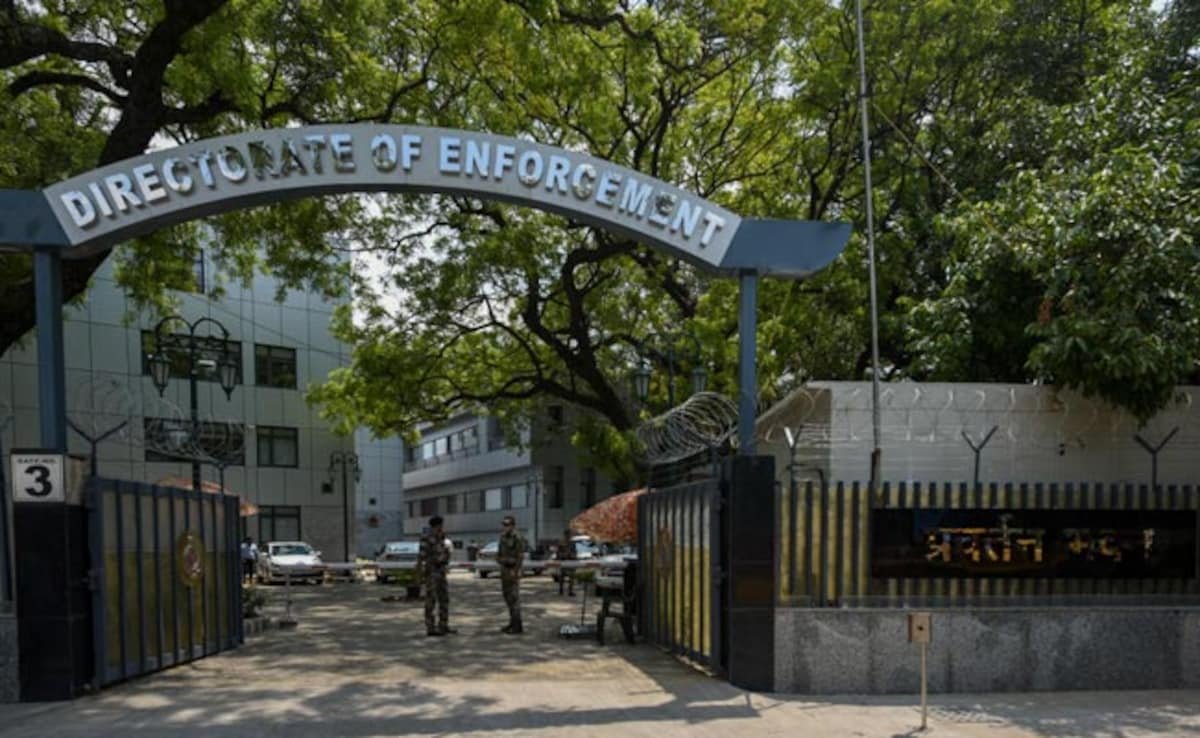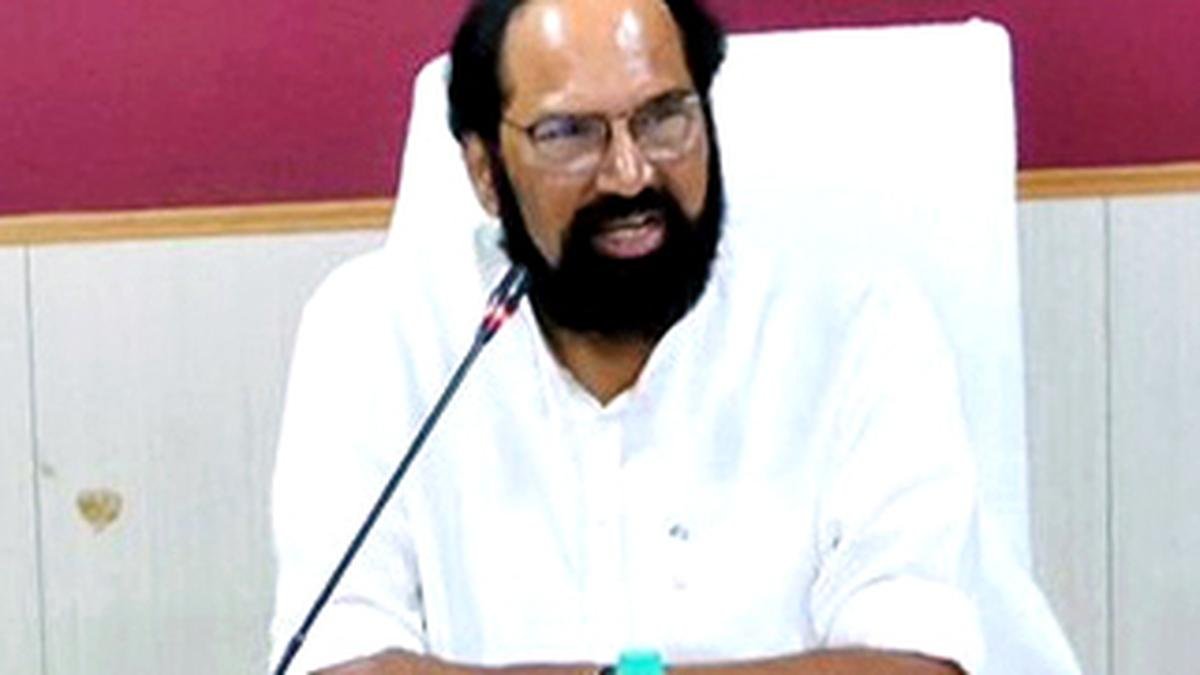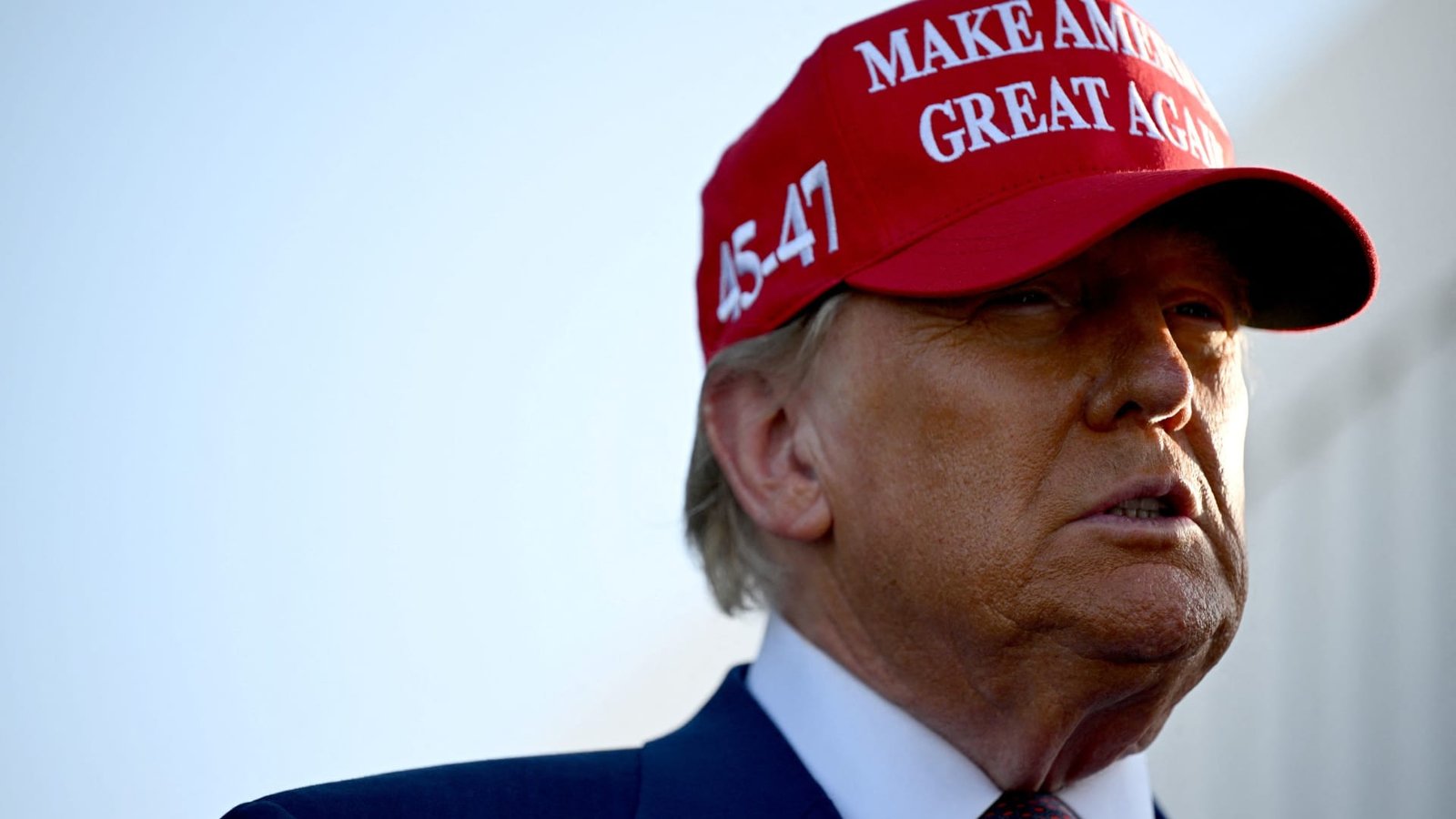Delhi Liquor Policy Case: Arvind Kejriwal was arrested by the ED on March 21 (File).
New Delhi:
Bail or no bail? That is the question the Supreme Court will answer this morning as it rules on a plea by Delhi Chief Minister Arvind Kejriwal following his arrest by the Central Bureau of Investigation in June, in the alleged liquor excise policy scam.
Should it rule in his favour, Mr Kejriwal will be released nearly six months after he was first arrested – by the Enforcement Directorate – and two months after getting bail for that arrest.
The Aam Aadmi Party boss could not leave then – on July 12 – as he had been arrested by the CBI just a few weeks earlier, after the ED dropped its challenge, in connection with the same case.
In various forums since, including in the Supreme Court in this round of petitions, senior advocate Abhishek Singhvi, appearing for Mr Kejriwal criticised that second arrest as an “insurance”, arguing it was designed to keep the AAP leader in jail, and his party on edge, before February’s Delhi election.
Last week, in the final hearing before the court withdrew to decide, he pointed out his client had already satisfied the ‘triple test’ legal principle for bail, since the same court had given him bail in the ED case.
READ | Big Supreme Court Relief For Arvind Kejriwal In Delhi Liquor Policy Case
The CBI has repeatedly pointed to what it believes is a mountain of evidence against Mr Kejriwal, most of which is drawn from testimony of ‘approvers’, i.e., former accused who have been pardoned, or will receive lesser sentences, for testifying against the Chief Minister.
The agency, like the ED, believes Mr Kejriwal played a key role in drafting and clearing the controversial November 2021 liquor excise policy, which was withdrawn eight months later.
The court, though, waved away an appeal by the CBI – that releasing Mr Kejriwal now, after he had been denied relief by the High Court – would “demoralise” that forum. “Don’t say that…” a bench of Justice Ujjal Bhuyan and Justice Surya Kant, who will deliver today’s verdict, had said.
READ | “Don’t Say…”: Top Court On CBI’s Argument Against Bail For Kejriwal
It did, however, express concern over agencies seeming to rely on ‘approvers’ to make their case; in releasing Telangana politician K Kavitha, another accused in this case, it noted “You have to be fair… a person who incriminates himself is made a witness? What is this fairness?”
READ | “What Is This ‘Fairness’?” Top Court To Agencies In Liquor Policy Case
The run-up to this verdict has also seen the Supreme Court highlight the ‘bail is the rule, jail is the exception’ principle, laid down in 1977 by Justice Krishna Iyer, in connection with other cases under the Prevention of Money Laundering Act, under which Mr Kejriwal faces charges.
The court has previously also reasoned that provisions for bail in the PMLA – under Section 45 of the law, which sets out two additional conditions for release – cannot overturn the primacy of an individual’s right to liberty. The note has been interpreted by many to mean there can be no argument to deny bail to a money-laundering accused, assuming other conditions are met.
After Singh, Sisodia, Kavitha, Next Kejriwal?
If he does get bail now, Mr Kejriwal will be the fifth, and most high-profile, opposition leader to leave jail after being arrested in this case. Three of those released so far are his former deputy, Manish Sisodia, AAP Rajya Sabha MP Sanjay Singh, and K Kavitha. The fifth was AAP leader Durgesh Pathak.
The three big names were released by the Supreme Court, which noted, in each case that authorities could not hold accused persons in prison indefinitely and without trial; in Mr Sisodia’s case last month the court called out the “travesty of justice” and flagged violation of a citizen’s right to liberty.
READ | “Travesty Of Justice”: Sisodia Gets Bail, Supreme Court Slams Delay
In April, while releasing Mr Singh, the court asked the arresting agency, the ED, why he had been jailed for six months without a trial and also pointed out it had failed to recover any of the Rs 2 crore he allegedly received as a bribe.
READ | “Just Because Woman Is Educated…”: Top Court As K Kavitha Gets Bail
Also last month, while releasing Ms Kavitha, the Supreme Court, once again, observed the Bharat Rashtra Samithi leader could not remain in jail if “likelihood trial in near future is impossible”.
Delhi Liquor Policy Case Explained
The Delhi liquor excise policy case involves allegations that Mr Kejriwal and the AAP received kickbacks of Rs 100 crore, including significant payments from a ‘South group’ led by Ms Kavitha, for allotment of wholesale licences. The ED and CBI believe this money was then used by the AAP to fund election campaigns, including that for the 2022 Goa Assembly election.
NDTV Explains | In Liquor Case, 193 Cr Profits, Kickback For AAP, Says ED, CBI
Arvind Kejriwal and the AAP, and Ms Kavitha and her party, the BRS of former Telangana Chief Minister K Chandrasekhar Rao, have denied all charges, and counter-accused the ruling Bharatiya Janata Party, to whom federal agencies like the ED and CBI report, of mounting a campaign against its critics and opposition leaders, particularly before elections.
NDTV is now available on WhatsApp channels. Click on the link to get all the latest updates from NDTV on your chat.


